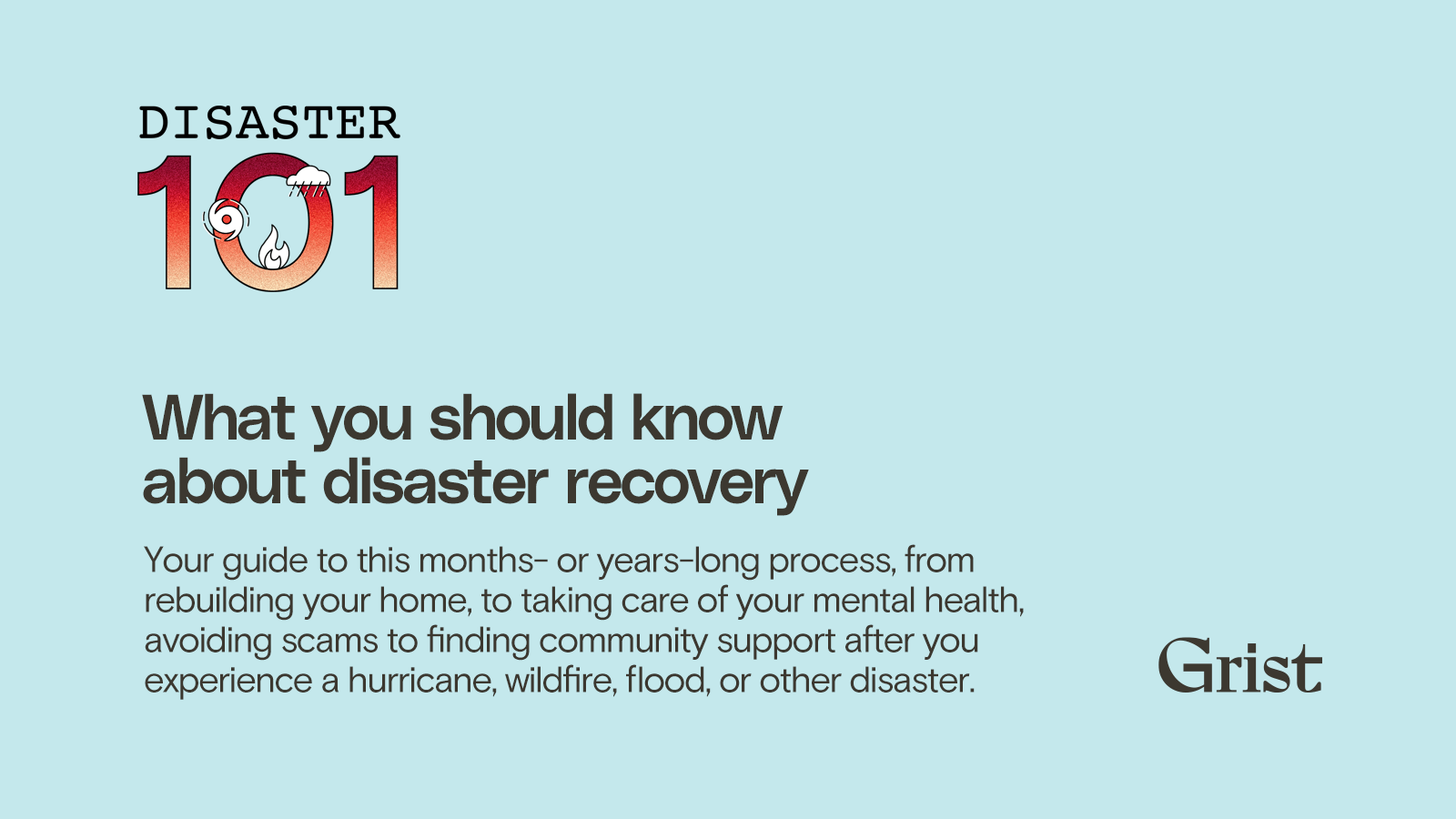Now Reading: Essential Insights on Disaster Recovery
1
-
01
Essential Insights on Disaster Recovery
Essential Insights on Disaster Recovery

Rapid Summary
- Disaster Recovery Complexity: Long-term recovery after a disaster can take years, involving aid distribution, rebuilding infrastructure, and addressing community shifts.
- Coordination Efforts: Involves collaboration between public,private,and nonprofit organizations for infrastructure repair,economic advancement,and updating safety codes.
- mental health Impact: Disasters substantially effect mental health; resources like counseling services and helplines-including the Disaster Distress Helpline-are available to support survivors.
- Substance Abuse Risks: Disaster stress can lead to increased alcohol or drug use; support networks like Alcoholics Anonymous are suggested for coping mechanisms.
- Fraud Prevention Post-Disaster: Tips include verifying identities of service providers to avoid fraud scams related to financial aid or reconstruction services. Report fraud via FEMA’s hotline or state legal channels.
- Preparing for Future Disasters: Repeated exposure is linked to mental health issues; preparation measures such as identifying stress triggers and understanding rights are emphasized.
- Federal Assistance Programs (e.g. Disaster Unemployment Assistance) exist for those economically impacted by disasters; guidelines vary depending on residency status under federal disaster designations.
Indian Opinion Analysis
India faces increasing vulnerabilities due to climate change-induced disasters (such as floods in Assam or cyclones affecting eastern coastal states), making the facts outlined in this article highly relevant. The discussion underscores critical areas India must address domestically:
- Holistic Recovery Framework: India already possesses robust post-disaster protocols through NDMA (National Disaster Management Authority). However, integrating mental health frameworks systematically into long-term recovery efforts could strengthen community support post-crisis-a lesson drawn from international practices cited here.
- Mitigating Socioeconomic Loss: Economic assistance programs tailored for disaster-hit regions may need greater attention domestically. Public-private collaborations highlighted here could improve access routes similar to India’s rural employment schemes but adapted specifically post-disasters.
- Preparedness Against Escalating Risks: As extreme weather events increase nationally due to global warming trends noted by IPCC reports affecting India’s heartland ecosystems-it’s clear proactive psychological resilience building alongside tangible preparatory plans must be prioritized nationwide ahead institutionally gaining lessons comparatively!
Government transparency strengthening reporting resource gaps cleaners mild delays remains actionable priority!
Stay Informed With the Latest & Most Important News
Previous Post
Next Post
Loading Next Post...























